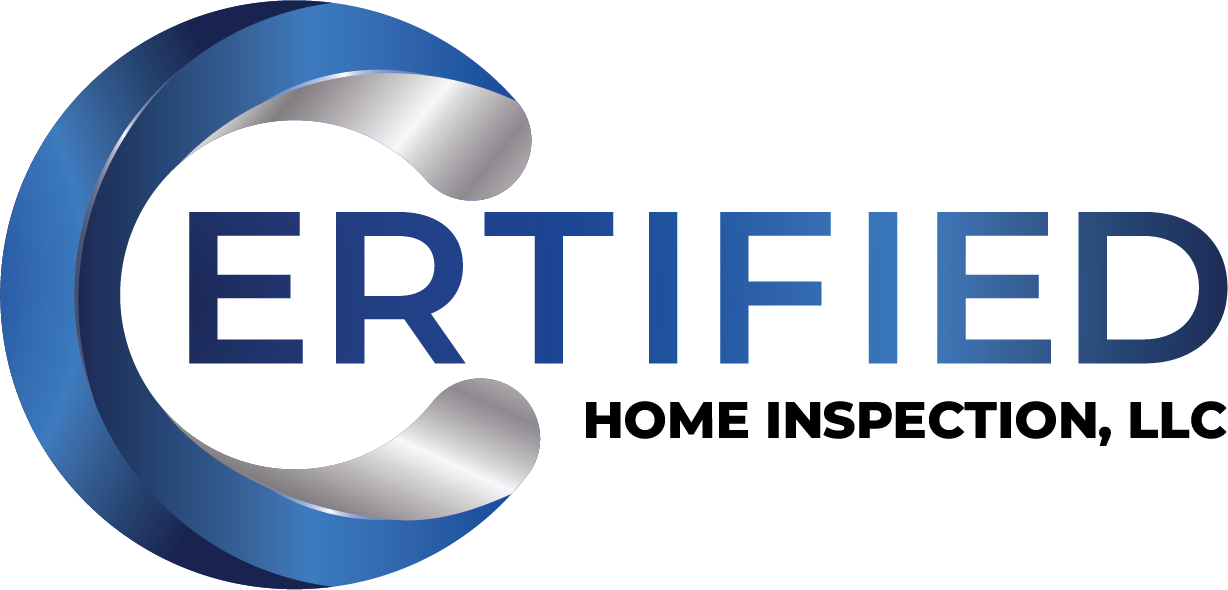Frequently Asked Questions
1. What Is A Home Inspection?
A home inspection is a limited, non-invasive examination of the condition of a home, often in connection with the sale of that home. Home inspections are usually conducted by a home inspector who has the training and certifications to perform such inspections. The inspector prepares and delivers to the client a written report of findings. The client then uses the knowledge gained to make informed decisions about their pending real estate purchase. The home inspector describes the condition of the home at the time of inspection but does not guarantee future condition, efficiency, or life expectancy
of systems or components.
2. What Should I Do Before a Home Inspection?
Once you've entered into contract with the seller, the next step is to have a home inspection. All you need to do is give us a call and we'll help you with the rest!
3. What Are The Benefits Of Home Inspections?
Home inspections typically have two outcomes.
1. The buyer has piece of mind about the home or
2. The buyer knows that the home has issues and either walks away of negotiates the price of the home or asks the seller to fix the issues. Either way, it's a win-win for the buyer!
4. Is a Home Inspection Just For New Home Buyers?
Not at all. Even though it is a good idea for new home buyers to have a home inspection, it's also a good idea for sellers to have a home inspection prior to listing the home. This will help give you a better understanding in the condition of your home and help eliminate last minute surprises and price negotiations
5. How Much Is a Home Inspection?
Pricing is typically based on the square footage of the home. Our prices start at $375 for a basic home inspection. We do offer discounts for military and first responders.
6. Is It Okay to Perform the Inspection Myself?
Unless you have experience in building or inspecting houses, it's not recommended that you attempt to perform the inspection yourself. It's best to leave it up to the experts.
7. What Is Covered Under This Inspection?
During a home inspection, we check the functionality and/or defects in the following areas:
- Structural concerns
- Roofing defects
- Electrical components-receptacles, switches/lights, breaker box and visible wiring.
- Plumbing-pipe materials and condition, functional flow and drainage.
- HVAC
- Window condition and operation.
- Attic inspection
- Basement inspection
- Crawlspace inspection
- Moisture intrusion
- Environmental concerns such and mold and asbestos (visual inspection only)
- Wood destroying insects (visual inspection only)
8. How Long Will the Inspection Take?
A home inspection will typically take around two hours at the home, depending on square footage. Once the on site work is complete, the information that was gathered will be used in writing an inspection report. We will have your report to you on the same day as the inspection.
9. What Type of Inspection Report is Supplied and How Long Does it Take to Submit?
A written inspection report complete with pictures will entail the findings of the inspection. The report will be delivered to you by email on the same day as the inspection.
10. Is it Possible for a Home to Fail an Inspection?
A home inspection is not a pass or fail scenario. We simply gather information on the house and present it to you in your report. The simplest way to think is of a "snapshot" of the homes condition.
11. Is Anyone Allowed or Required to Attend the Inspection?
Only licensed home inspectors can legally perform a home inspection. Home inspectors have to meet a certain criteria set forth by the State of West Virginia and the State Fire Marshal in order to obtain a license to inspect.
12. What Happens if There Are Problems Found During the Inspection?
Any problems found during the inspection will be documented in the inspection report. The report will then be sent to you, usually by email. This information can then be used to help you determine if it would be in your best interest to move foreward with the purchase of the home or to walk away.
13. What is Thermal Imaging?
Thermal imaging is simply the process of converting infrared (IR) radiation (heat) into visible images that depict temperature differences in a scene viewed by a thermal camera. Thermal imaging is useful in detecting water leaks that are hidden behind walls and locating area where insulation may be missing or insuficient.ma
Services
Certified Home Inspection, LLC
